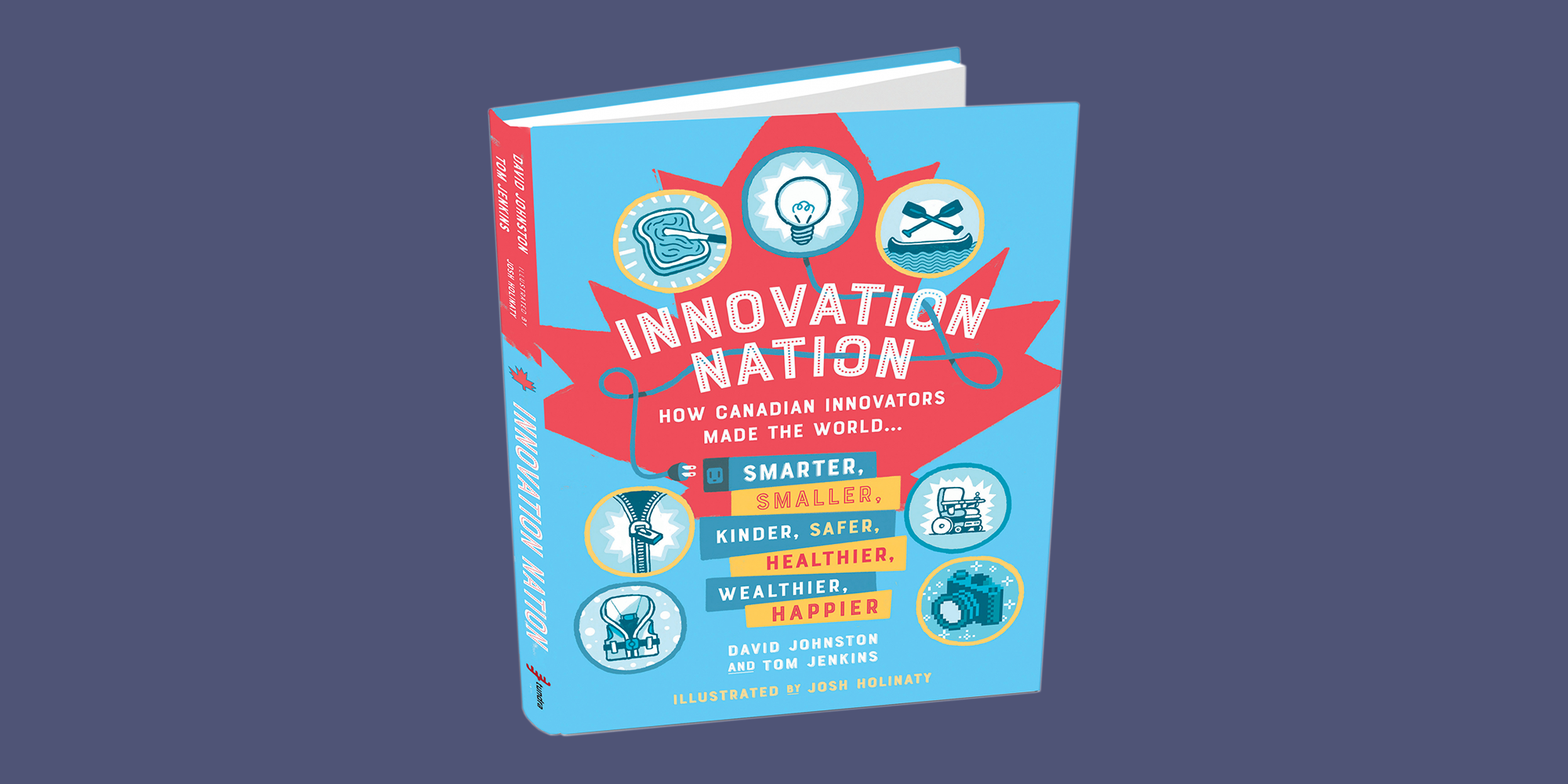A team of technologies organizations like Apple Inc.,
Alphabet Inc.’s
Google and
Microsoft Corp.
suggests it is a phase closer to eliminating what lots of folks connect with 1 of the worst elements of the online working experience: passwords.
The Quick Identification On the internet Alliance has for virtually a ten years labored on a method that lets people log into their on the net accounts basically by making use of the unlock mechanisms of their smartphones or desktops. Relatively than sending a password in excess of a community prone to exterior interference, buyers connect a general public “key,” which sits on the account services provider’s server, to a non-public a person, which simply cannot be removed from their system.
Prior versions of the group’s system nonetheless essential individuals on new products to enter passwords for each individual account prior to they could go password-cost-free. Now, it claims it has identified a way to let end users log into on line accounts with their faces, fingerprints and PIN codes straightaway, even on brand name-new gadgets.
The update “means that people do not need to have passwords any more,” mentioned a white paper by the alliance, called FIDO for quick. “As they move from product to device, their FIDO credentials are now there, prepared to be utilized.”
The alliance, which represents more than 250 associates, has been trying to lower reliance on passwords considering the fact that 2013, when 6 businesses like
PayPal Holdings Inc.
and
Lenovo Group Ltd.
came with each other to establish a new, safer market standard for online authentication.
Passwords produce not just friction on the info superhighway, critics have very long complained, but authentic aggravation and even deserted accounts when buyers ignore their key codes. They also even now leave consumers, firms and other organizations vulnerable to hackers and other undesirable actors.
Stability methods this sort of as two-variable authentication, in which buyers typically nutritional supplement passwords with press notifications or codes despatched by apps or texts, provide their own negatives. A good deal of men and women seem uninclined to opt in.
“Even though we know in 2022 that passwords are inherently insecure and developing a lot of complications, receiving people today to actually secure them is nonetheless a challenge,” reported Merritt Maxim, vice president and exploration director at analysis company
Forrester Exploration Inc.,
in which he specializes in stability and possibility.
Passwords are “the cockroaches of the net,” Mr. Maxim said—irritating, hardy and worthy of taking the time to kill.
Some businesses have formulated passwordless options making use of FIDO benchmarks.
Microsoft previous September commenced permitting customers indication into their accounts with the company’s authenticator app and software program, physical protection keys that plug into laptop or computer ports, or SMS and e mail verification codes, fairly than passwords.
And when a consumer logs into
eBay,
the corporation detects irrespective of whether a user’s system supports FIDO. If so, a pop-up asks if he or she would like to enroll in passwordless authentication applying his or her device’s password, PIN, facial recognition or fingerprint. Those people who agree are then prompted to use that strategy on subsequent logins—no account passwords needed.
EBay mentioned that login completion fees have improved given that it launched FIDO technology in 2020, and that choose-in charges were higher than for textual content-centered two-aspect authentication.
But a wholly passwordless globe is nevertheless much off, reported Forrester’s Mr. Maxim. FIDO’s vision generally depends on account holders possessing their have related devices, which is not accurate for all end users globally, he mentioned. And whilst the method does not share users’ biometric information with account service companies, some privacy-minded users may perhaps hesitate to use their faces and fingerprints to unlock every little thing, he said.
The alliance tested which language, icons and data will make persons feel most comfortable with switching on FIDO, said
Andrew Shikiar,
the group’s executive director and main marketing officer.
“People need to have to regulate from undertaking what they know—just coming into passwords—to doing some thing that they know how to do, but don’t genuinely connect with logging in,” Mr. Shikiar reported.
Some apps presently enable users substitute typing in their passwords with their system-unlock mechanisms, which assists create “passwordless” user habits. But individuals apps nonetheless transmit passwords guiding the scenes, leaving accounts vulnerable to hacking, Mr. Shikiar stated. FIDO, by contrast, does not send any human-readable info, together with passwords, more than networks when users swap it on, he explained.
The alliance has also introduced workarounds for persons who use shared equipment. The up to date know-how allows customers convert their telephones into authenticators that can log into accounts on computers utilizing Bluetooth, which would let customers accessibility accounts with out passwords on a library laptop, for example.
But if the user is not able to use his or her mobile phone, or does not have just one, then the login expertise would possible remain as it is nowadays, Mr. Shikiar stated.
“But let’s remember that acquiring rid of passwords is a journey and not a sprint,” he additional.
Produce to Katie Deighton at [email protected]
Copyright ©2022 Dow Jones & Enterprise, Inc. All Legal rights Reserved. 87990cbe856818d5eddac44c7b1cdeb8






